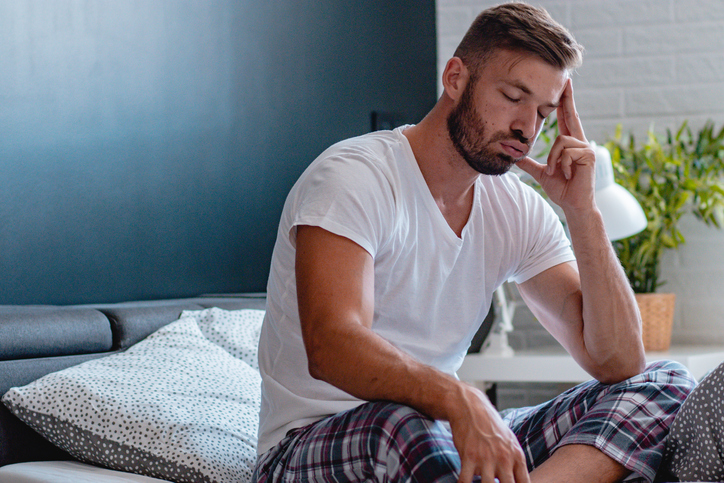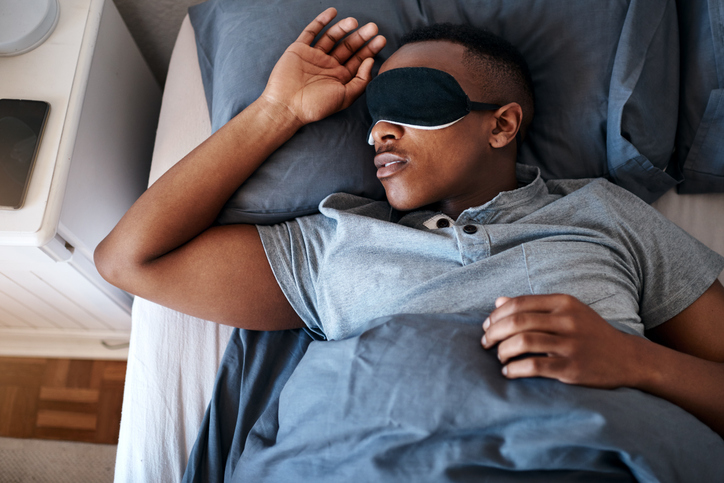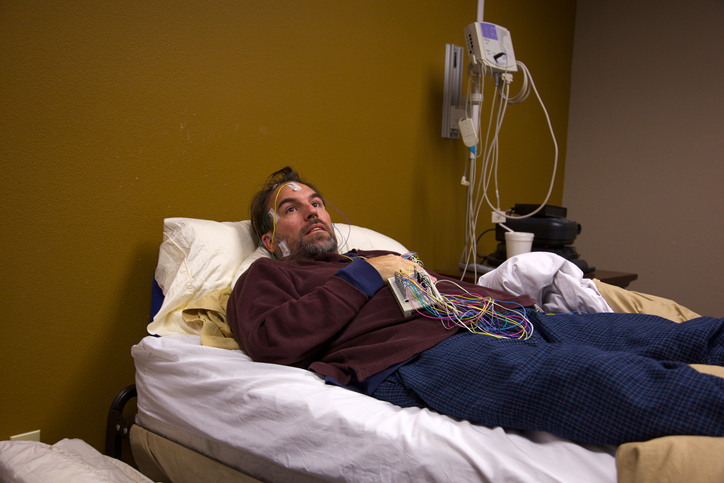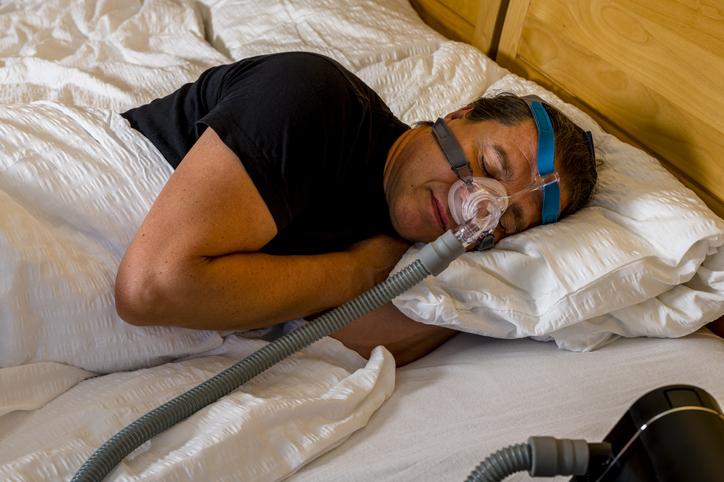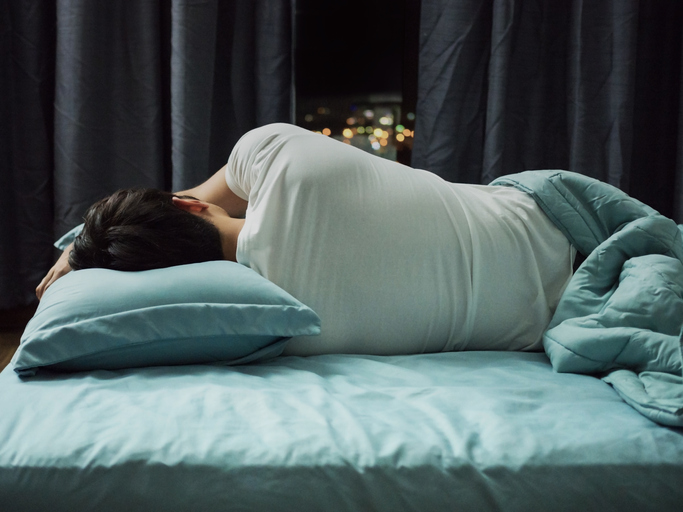Living with Chronic Pain
Beating Insomnia When Dealing With Chronic Pain
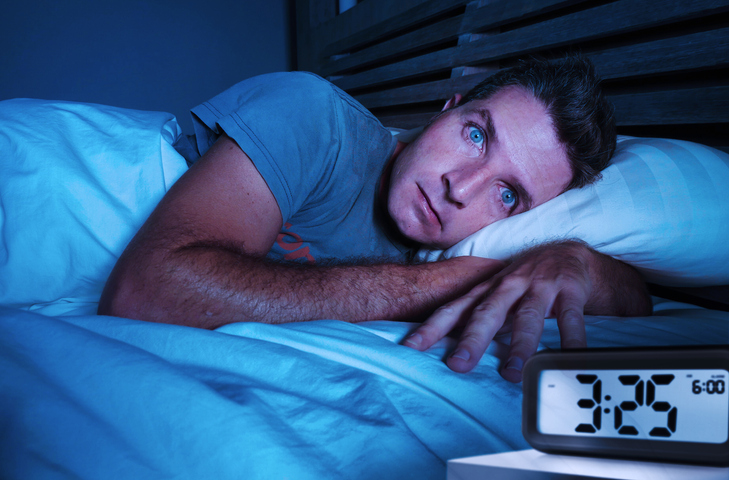
Approximately two-thirds of people with chronic pain also deal with insomnia. A multidisciplinary approach with different medical specialists to treat both pain and insomnia works best. For example, certain pain medications can improve sleep while others disturb it. The first step to improving insomnia is to understand its cause.
Insomnia and chronic pain
Because pain often intensifies at night, individuals with chronic pain may have a difficult time falling asleep and staying asleep. Pain contributes to poor sleep quality, and poor sleep quality exacerbates pain levels; it is often a vicious cycle.
Insomnia is often caused by an inadequate bedtime routine. This may include the use of electronic devices (e.g., computers, smartphones, televisions, etc.) before bedtime, which makes it more difficult to fall asleep and stay asleep. However, a quiet environment void of any distractions can be difficult for those with chronic pain as the pain becomes the only focus; this can increase the perception of pain when trying to fall asleep.
Possible solutions
Although beating insomnia while dealing with chronic pain can be challenging, various methods are available to help improve sleep patterns and sleep quality. These include cognitive behavioral therapy for insomnia (CBT-I) and relaxation training.
Cognitive behavioral therapy for insomnia
Cognitive behavioral therapy for insomnia may help individuals with chronic pain improve their sleep patterns. CBT-I involves changing negative thought patterns and behaviors into positive thought patterns and behaviors that promote restful sleep. Cognitive behavioral therapy for insomnia is preferred over medications as it does not have any side effects that may be counterproductive to sleep. It has proven to be an effective therapy for approximately 70 to 80 percent of people who undergo CBT-I treatment.
Relaxation training
Relaxation training is also helpful to reduce muscle tension and provide distraction from negative thoughts in order to promote restful sleep. Techniques include guided imagery, progressive muscle relaxation, meditation, and deep breathing exercises. Approximately three to eight sessions with a trained behavioral therapist are recommended to become familiar with this form of treatment.
Healthy sleep tips
Along with cognitive behavioral therapy and relaxation techniques, various tips can help promote quality sleep:
- Do not use the bed for anything except sleeping or intimacy.
- Only go to bed when tired. If unable to fall asleep within 20 minutes, get up and go to another room. Return to bed when tired.
- Wake up at the same time every day and go to sleep at the same time every night. Aim for seven to eight hours of sleep.
- Avoid napping.
- Exercise early in the day; do not exercise close to bedtime.
- Avoid excessive caffeine and alcohol intake.
